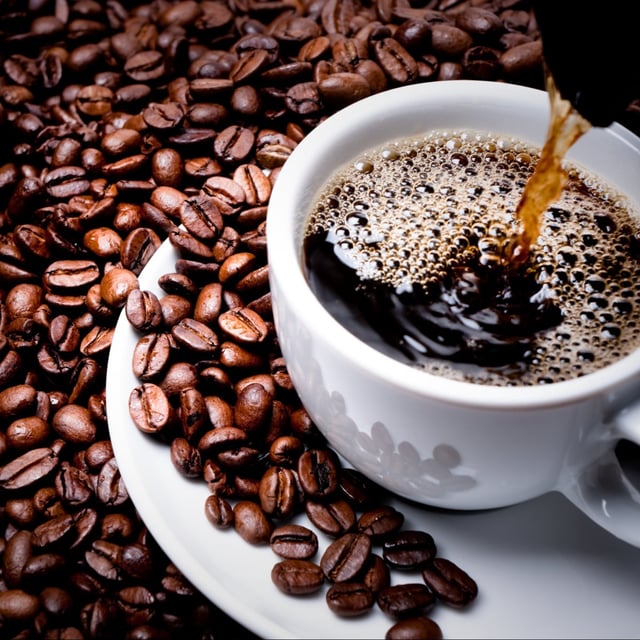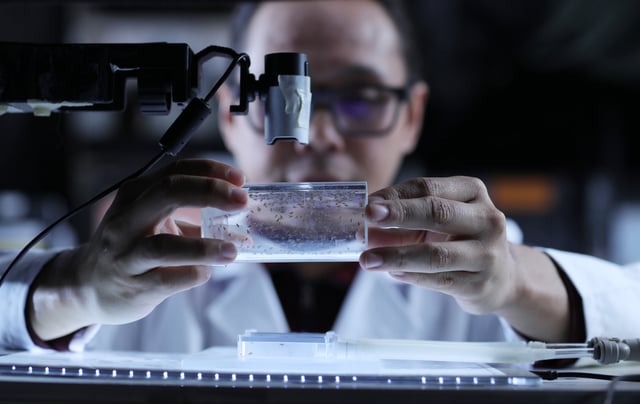Overview
- A UTEP-led study published in iScience shows that caffeine consumed at night disrupts inhibitory control in Drosophila melanogaster, causing flies to engage in reckless flying against aversive airflow.
- Daytime caffeine intake did not impair movement suppression, highlighting the critical role of dosing time in modulating behavioral outcomes.
- Female fruit flies exhibited significantly greater caffeine-induced impulsivity than males despite similar caffeine concentrations, suggesting sex-specific physiological or genetic influences.
- Researchers tested varying caffeine doses and sleep deprivation combinations and gauged impulsivity by measuring the flies’ ability to halt movement when exposed to strong airflow.
- The team warns that these findings could have implications for night-shift workers and others relying on late-night caffeine, particularly raising concerns for women’s decision-making.



